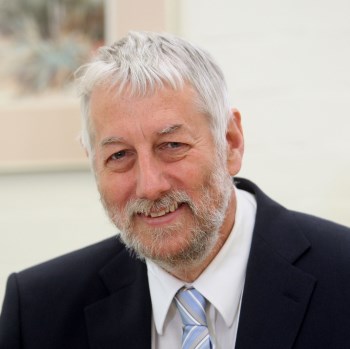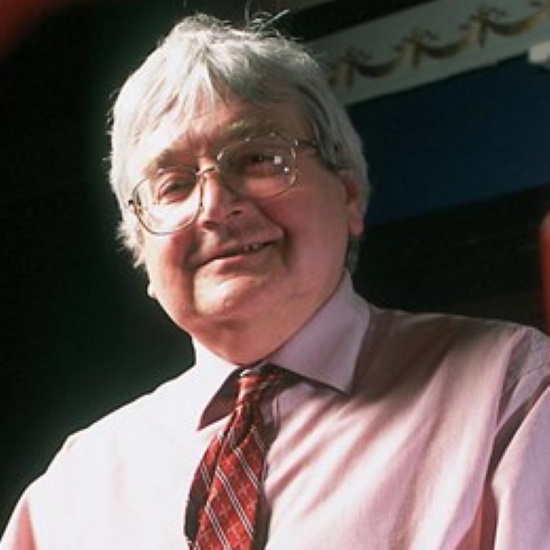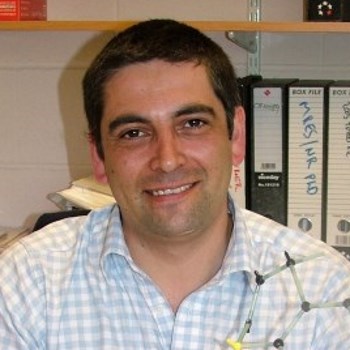Links to external sources may no longer work as intended. The content may not represent the latest thinking in this area or the Society’s current position on the topic.
Catalysis improving society
Scientific discussion meeting organised by Professor Graham Hutchings FRS, Professor Richard Catlow FRS, Professor Christopher Hardacre and Professor Matthew Davidson
Event details
The successful operation of catalysis lies at the heart of the wellbeing of society and this meeting will address modern developments in designing improved catalysts especially in non traditional application areas such as water purification. We will bring together scientists across the breadth of catalysis (heterogeneous, homogeneous and bio) bridging the expertise of chemists, engineers, bio-scientists and theoreticians.
Recorded audio of the presentations will be available on this page after the event and the papers will be published in a future issue of Philosophical Transactions A
Attending this event
This event is intended for researchers in relevant fields and is free to attend. There are a limited number of places and registration is essential. An optional lunch is offered and should be booked during registration (all major credit cards accepted).
Enquiries: Contact the events team




